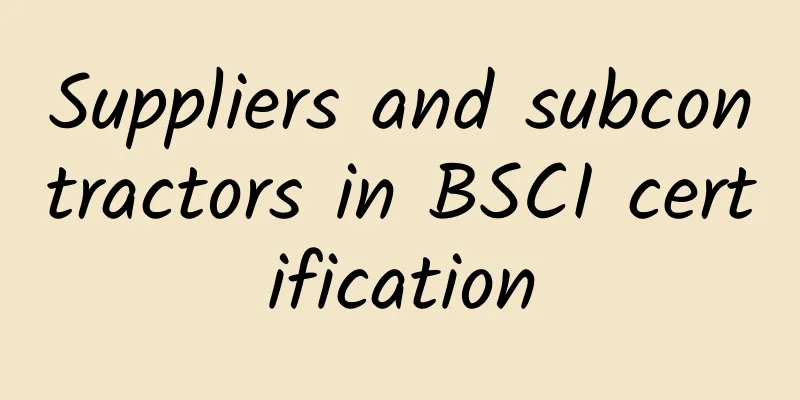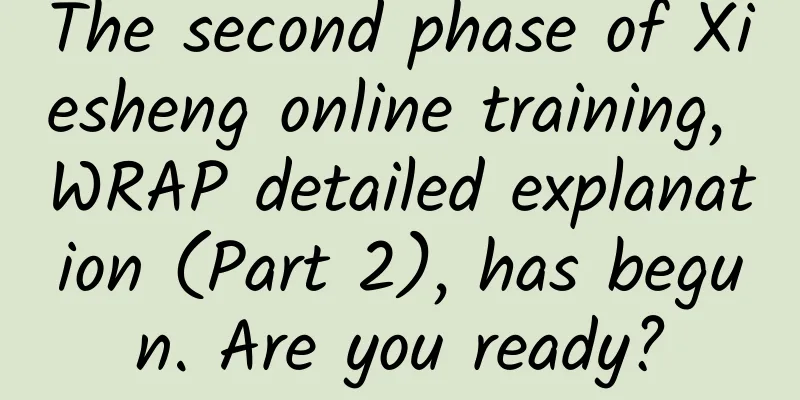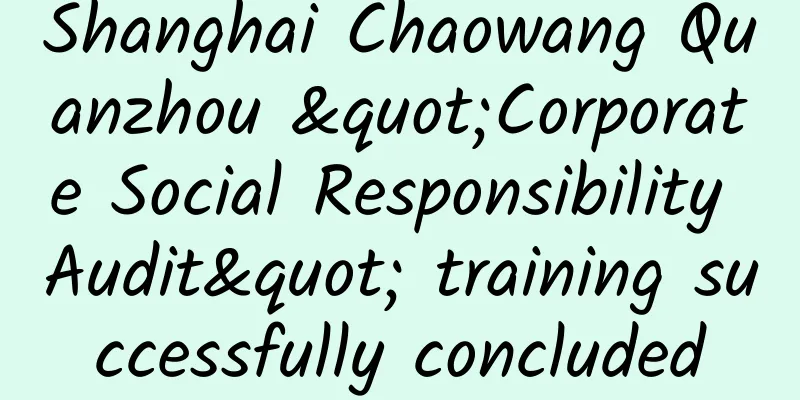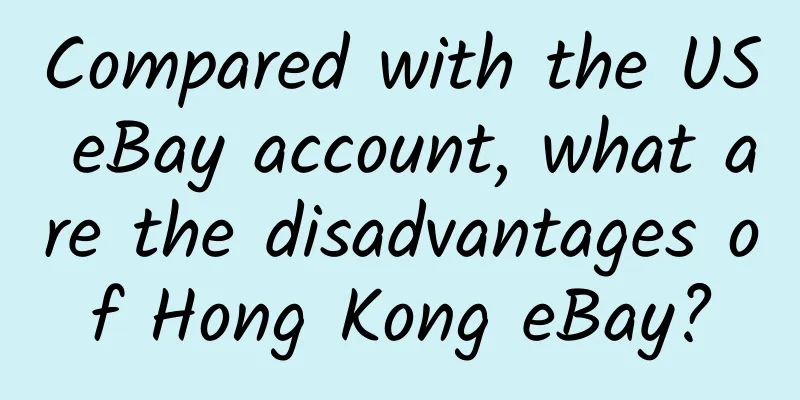Suppliers and subcontractors in BSCI certification

|
Supplier/Sub-supplier Entities in a company’s value chain that provide upstream products or services to the company (e.g., raw material suppliers, ingredient suppliers, semi-finished product suppliers, etc.). Subcontractors The business entity designated by the company to implement the value-added processes for all or part of the assembly process. Interpretation: In BSCI certification, subcontractors and suppliers are crucial to whether a factory can pass BSCI certification. Whether this problem can be solved well directly determines whether it can pass BSCI certification. To clarify this issue, we must first explain it from the following aspects. 1. Definition The definition of supplier is: an entity in the company's value chain. It provides upstream products or services to the company (for example: raw material supplier, component supplier, semi-finished product supplier, etc.). Supplier is an entity in the factory's value chain and its upstream product or service. For example, for a garment factory, its fabric provider is its supplier. In the BSCI glossary, the definition of a subcontractor is: a business entity designated by the company to implement the value-added process of all or part of the assembly process. In many factories that I have come into contact with, some factories complete all processes in their own factories, and these factories do not have any subcontractors. However, in some factories, due to lack of machines or various other reasons, some processes need to be completed with the assistance of other factories, so there is a subcontractor problem. Moreover, this subcontractor is an independent business entity, not a branch of the factory or an entity with other affiliated business relationships. 2. Establish procedures Has the company established and does the company maintain appropriate procedures to recruit subcontractors based on their ability to meet the BSCI social requirements? If yes, please describe. This requires the factory to establish reasonable procedures to require subcontractors to comply with the BSCI Code of Conduct. 3. Supervision and Inspection It is not enough for a factory to simply establish relevant procedures to require its subcontractors to comply with the BSCI code of conduct, because the BSCI certification also requires the factory to form a limited supervision and inspection mechanism for its subcontractors and provide relevant evidence for review. For example, the BSCI certification mentions: Does the company maintain appropriate records of subcontractors commitments to social accountability, including, but not limited to the written commitment to conform to all BSCI social requirements? (Does the company maintain appropriate records of subcontractors' commitments to social accountability, including, but not limited to written commitments to: comply with all BSCI social requirements?) |
<<: I hope there is only one universal verification standard internationally.
>>: BSCI certification related documents and evidence
Recommend
What is OpenCart? What are the features of OpenCart?
OpenCart is an easy-to-use, powerful open source ...
JCPenney Social Responsibility Policy
JCPenney's social responsibility policy mainly...
WCA factory inspection introduction and content
WCA stands for Workplace Conditions Assessment. W...
eBay's 2019 Fall Seller Update is officially released, including seller tools, inventory optimization, seller protection...
eBay recently announced its Fall 2019 Seller Upda...
Business Report--Amazon Business Report
Business Report is a store data statistics automa...
How should enterprises deal with the new ISO 9001 standard?
1. Important changes in the standard ISO9001:2015 ...
What is Ant Store Manager? What are the advantages of Ant Store Manager?
What is Ant Store Manager? "Ant Store Manage...
What is Savi? What services does Savi provide?
Shenzhen Saiwei Network Technology Co., Ltd. is a...
Why H&M conquered the world
The "Four Magic Weapons" for Enterprise...
What is Sunvalley? What are the six major brands of Sunvalley?
What is Sunvalley? Shenzhen Zebao E-commerce Co.,...
How to use Super Store Manager? What are the functions of Super Store Manager?
All cross-border e-commerce sellers should learn ...
Common medical and health problems and solutions during BSCI factory audits (II) First aid kit is locked
Problem phenomenon: The first aid kit is locked. ...
Nestlé factory audit implements Sedex standards
Nestle requires its suppliers to implement Sedex s...
What are the account requirements for the eBay Seller Center Advanced Edition? What new features does the Advanced Edition have?
What are the account requirements for eBay Seller...
How is Qianli Niao Logistics? What services does Qianli Niao provide?
How about Qianli Bird Logistics? Shenzhen Qianli ...









